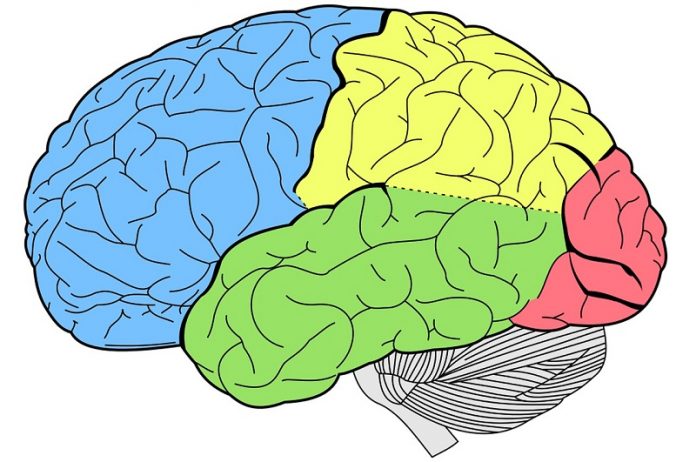
Scientists from the University of Calgary found that people with disabilities or dementia may not get timely or appropriate treatment when they have a stroke.
They found that those conditions can make it challenging to assess the severity of new symptoms.
But treating a stroke quickly could help prevent additional disability and other health and financial impacts.
The research is published in Stroke and was conducted by Dr. Mayank Goyal et al.
Often, treatment of strokes caused by blood clots may be delayed or not given at all if pre-stroke dementia or disability symptoms cause doctors to mistakenly believe the stroke is more severe than it is and outside the window for optimal treatment.
But the study found treatment still can be effective for this group even though there is some evidence they have a higher risk of death.
It notes that clot-busting therapy and clot removal were as safe and effective in people with pre-existing disabilities or dementia as in those without. Treatment is considered critical for preventing further disability.
In the U.S., physical, cognitive, and intellectual disabilities affect about 22% of the adult population.
The statement offers advice on how people with these conditions and their families can develop plans for health emergencies, including strokes.
This includes discussing the quality of life concerns and care preferences before a stroke happens.
If a stroke does occur, the committee suggests families discuss the risks and benefits of treatment with health providers to fully understand the spectrum of possible outcomes.
The team says biases such as ableism and therapeutic nihilism, which is the belief that there is no hope for effective treatment, may play a role in delaying or failing to begin treatment in people with disabilities or dementia.
Greater awareness of these biases is needed and offers guidance on how to improve patient-centered care.
It also calls for the greater inclusion of people with disabilities and dementia in stroke research.
Sign up for our newsletter for more information about this topic.
If you care about stroke, please read studies about mental problem that could triple stroke risk, and Aspirin is effective for preventing recurrent heart problems and strokes.
For more information about stroke, please see recent studies about combo therapy that could cut the risk of heart attack and stroke by half, and results showing that retired entertainer thought she slept awkwardly. It was a stroke.
Copyright © 2022 Knowridge Science Report. All rights reserved.



